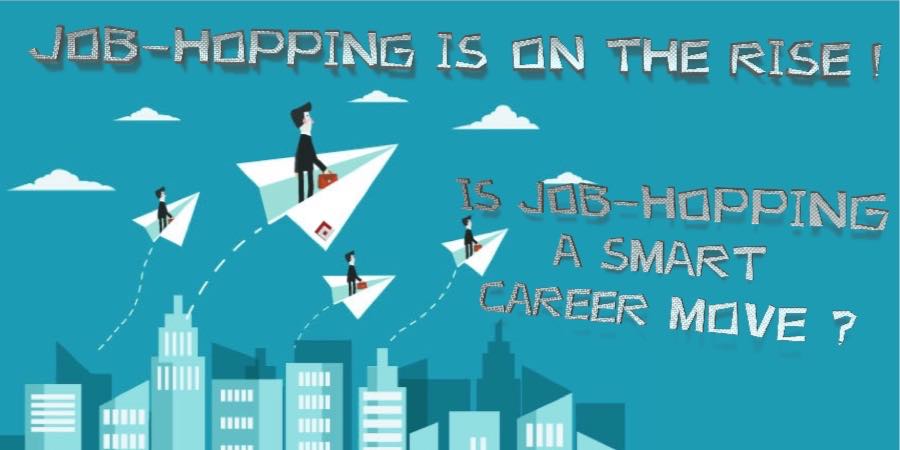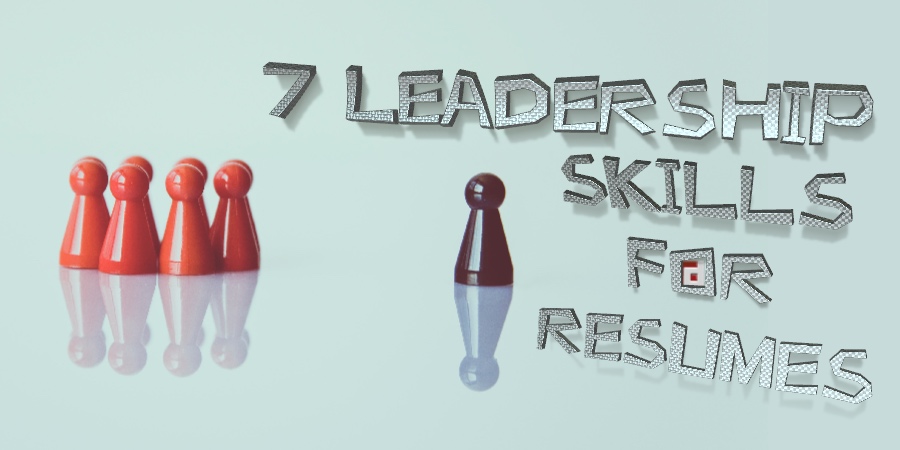20/03/2019
Job-hopping, generally defined as spending less than two years in a position, can be an easy path to a higher salary — but experts caution that bouncing from position to position can be a serious red flag to prospective employers. Unfortunately, the majority of workers — 64 percent — favor job-hopping, according to a new survey by our recruitment agency in Thailand, Fischer & Partners. That’s up 22% from a similar survey four years ago. Not surprisingly, millennial workers felt the most favorably about changing jobs frequently, with 75% of employees under 34 stating that job-hopping could benefit their careers.










